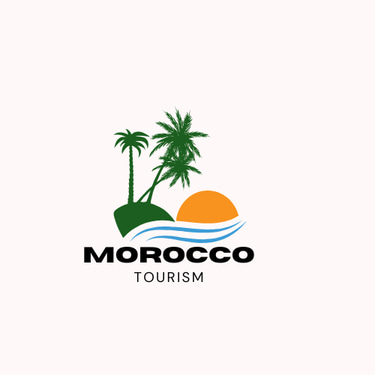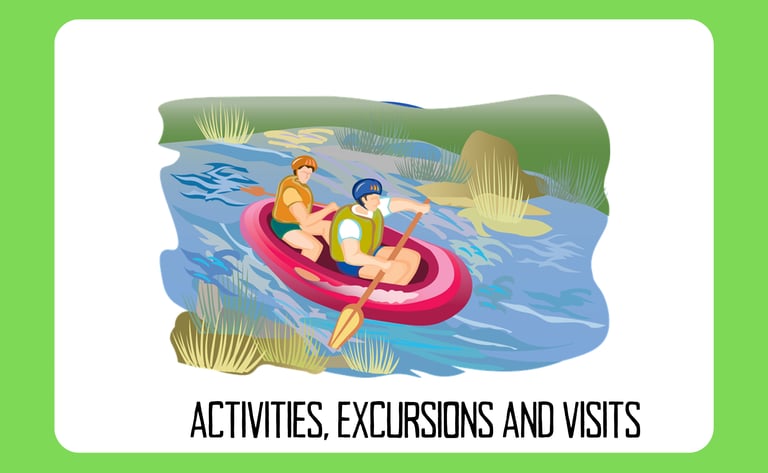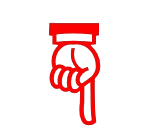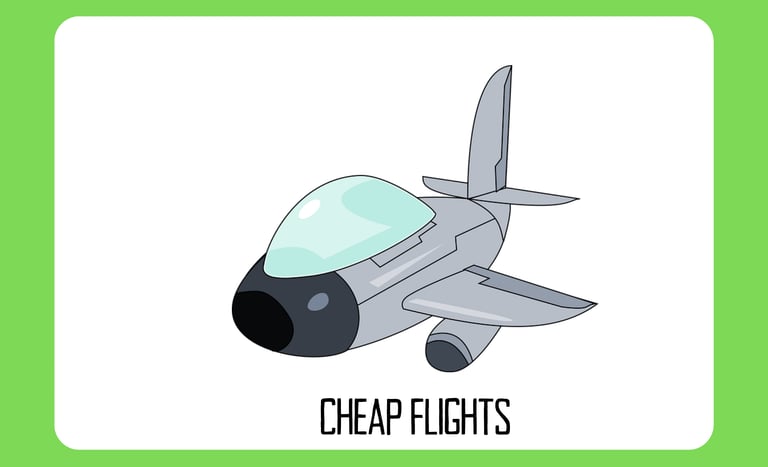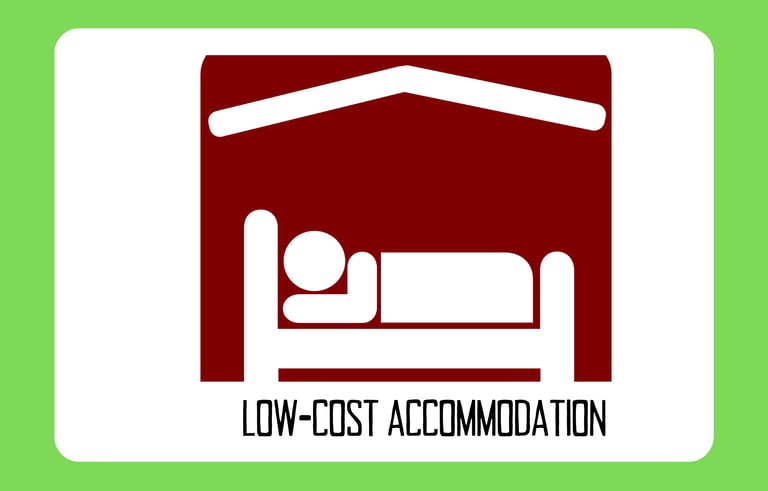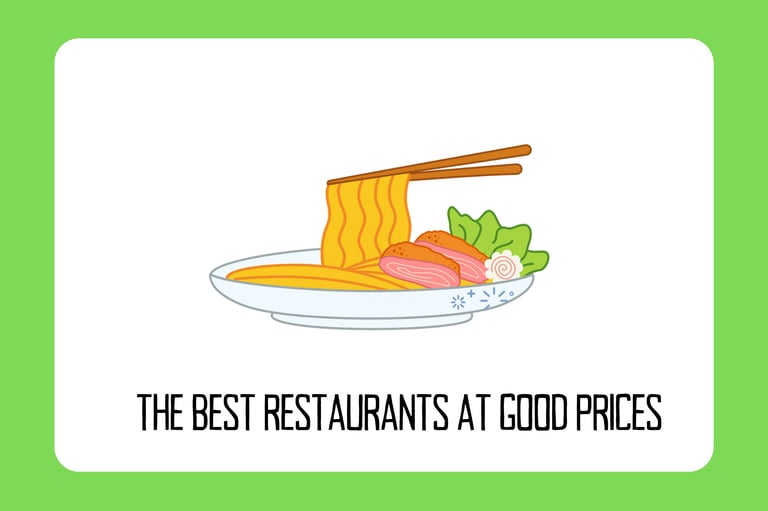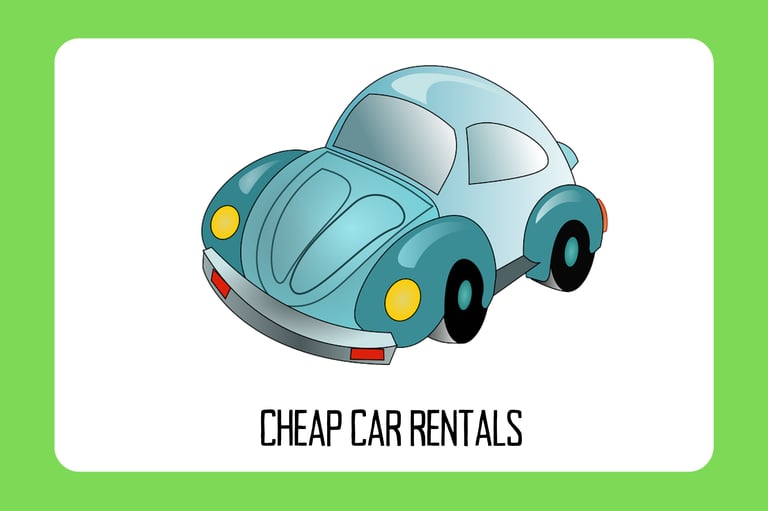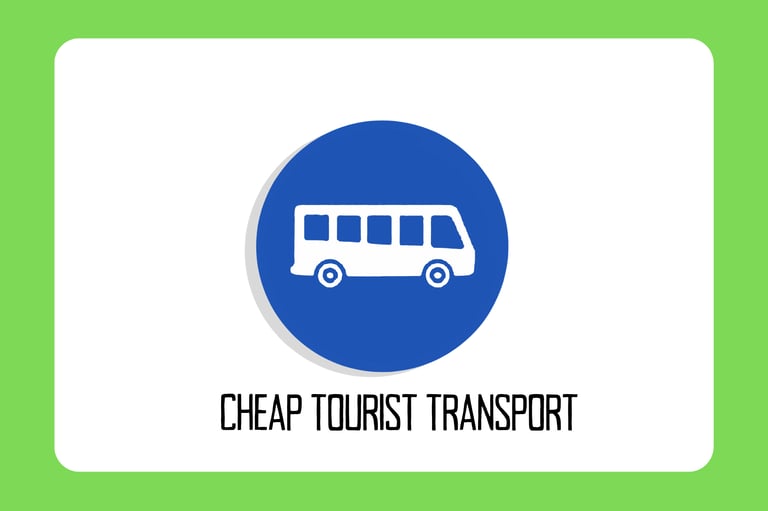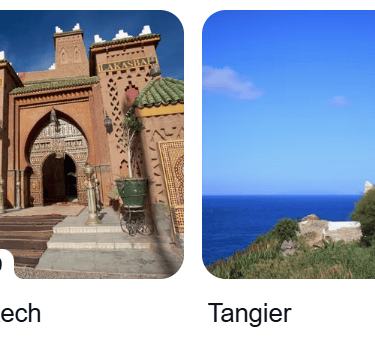Morocco, LAND OF WONDERS
Living in Morocco: Key Insights and Tips
Considering a move to Morocco? Discover essential information about housing, healthcare, cost of living, and daily life to ensure a smooth transition and successful relocation.
By NASSIMI Abdelhakim
3/29/202510 min read
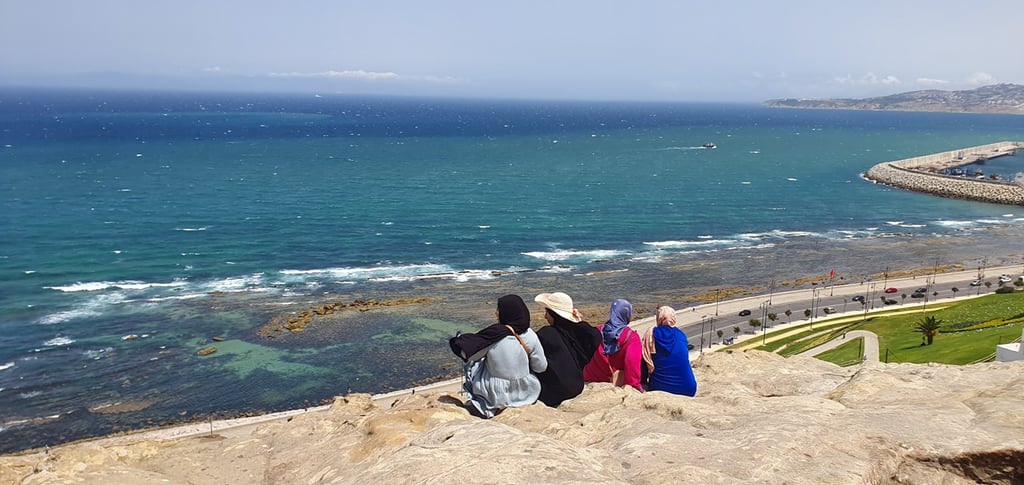

Living in Morocco is a rich and unique experience, marked by a vibrant culture and diverse landscapes. However, this adventure does not come without its share of challenges. Expats must consider several practical aspects to ensure a successful settlement in this North African country. Preparation is essential, as it can transform a potentially difficult experience into a smooth and enjoyable transition.
Immigration issues, for example, are crucial for future residents. It is imperative to be well informed about the necessary documents, the types of visas available, and the procedures for obtaining a residence permit. Adequate consular assistance can also play a key role in the integration process, facilitating administrative procedures and providing practical advice to newcomers.
Additionally, the tax and legal implications of living in Morocco are another area to explore. Expats should familiarize themselves with the Moroccan tax system, including tax obligations and potential benefits. Likewise, understanding local laws, particularly those regarding labor, property, and business formation, is essential to avoid future complications.
Living in Morocco also means immersing yourself in a way of life that differs from that of your home country. Adapting to local customs and social norms promotes integration and makes the experience even more enriching. By keeping these points in mind, future expats can better prepare for their arrival and fully enjoy this new adventure, while taking advantage of the many opportunities that present themselves.
Immigration issues
Moving to Morocco requires navigating several immigration procedures, which vary depending on the immigrant's nationality and the length of their stay. The first crucial aspect concerns the type of visa required. Morocco offers several visa categories, including tourist visas, work visas, and residence visas. Each visa has its own criteria and requirements, and it is essential to determine which one best suits your situation.
For nationals wishing to reside in Morocco for an extended period, a residence visa is often the most appropriate. Obtaining one generally requires submitting an application to the Moroccan consulate or embassy in their home country. Required documents may include a valid passport, passport photos, proof of residence in Morocco, and possibly proof of employment or sufficient financial resources.
The visa application process can take several weeks, so it's advisable to allow sufficient time before departure. Processing times may vary depending on the time of year and immigration workload. It's a good idea to check the Moroccan authorities' official website for up-to-date information on processing times and any new regulations that may apply.
In addition to these steps, it can be helpful to join online expat groups where you can share experiences and advice on immigration procedures. These communities can provide valuable information on how to overcome potential challenges. By following these steps and staying informed, you can make your settlement easier and ensure a successful transition to life in Morocco.
Consular support and assistance
When considering living in Morocco, one of the essential steps is to familiarize yourself with the resources available through embassies and consulates. These diplomatic representations play a crucial role in supporting expatriates, offering a wide range of services tailored to their specific needs. Whether for a first-time move or an emergency situation, consular support remains essential.
Embassies and consulates primarily provide expatriate registration services. This process allows nationals to officially register with their home country, facilitating access to services such as emergency assistance. Indeed, during unforeseen events such as natural disasters, accidents, or security issues, the consulate acts quickly to ensure the safety of its nationals, offering logistical assistance and relevant advice.
Additionally, notary services are often offered to expats. This includes validating legal documents, signing notarial deeds, and other administrative formalities essential to living in Morocco. These services can be particularly useful for real estate, business, or family matters.
To facilitate contact with consular authorities, it is recommended that you visit the website of your country's embassy or consulate before your departure. This site will provide essential information, such as opening hours, contact details, and procedures for accessing available services. Establishing initial contact with these institutions can also alleviate many concerns and provide valuable assistance throughout your settlement in Morocco.
Moroccan taxation and legal issues
The Moroccan tax system has specific features that may require special attention from expats looking to relocate to Morocco. First, it's important to understand that income tax obligations are determined by tax residency. In Morocco, a person is considered a tax resident if they reside there for more than 183 days per year. Expats must therefore pay income tax from all sources, whether local or international.
Income tax rules vary from those in their home countries, which can be a surprise for many expats. In Morocco, income is subject to a progressive tax scale ranging from 0% to 38%, depending on the income bracket, which is a significant difference from the more flat tax systems found in some countries. Additionally, expats should consider any tax treaties Morocco may have with their home country to avoid double taxation.
Furthermore, entrepreneurs and self-employed workers must also be aware of their social security contribution obligations. In Morocco, these contributions are generally the responsibility of both the employer and the employee, and their amount can vary depending on income and the nature of the activity carried out. Starting a business involves specific regulations, with the need to obtain the necessary licenses from the relevant authorities.
Regarding property, expats can purchase real estate, but must comply with certain regulations. Property acquisition by non-nationals is subject to restrictions in certain sensitive areas, and it is advisable to do your research before making a purchase. In short, a thorough understanding of the Moroccan tax system and legal obligations is crucial to ensuring a smooth transition to life in Morocco.
How to find accommodation in Morocco
Finding accommodation in Morocco can seem complex, but with the right approach, it becomes more manageable. First, it's crucial to identify neighborhoods that match your lifestyle and needs. Cities like Marrakech, Casablanca, and Fez offer a variety of choices, from modern apartments to traditional houses. Each neighborhood has unique characteristics that can influence your decision, such as proximity to amenities, safety, and overall ambiance.
To facilitate your search, several online platforms can be used. Sites like Avito, Mubawab, and Sarouty are valuable resources where you can filter accommodations based on your specific criteria. Additionally, it's recommended to join social media groups dedicated to expats or residents in Morocco. These forums can provide access to information on available accommodations, as well as recommendations from people who have already lived there.
When it comes to housing types, your choice will depend on your personal preferences and budget. Whether it's a studio in an urban area or a villa in a quieter setting, the Moroccan real estate market offers a wide range of options. That being said, it's essential to ask key questions when renting, such as the lease terms, included services, and maintenance requirements. Understanding these elements will help you avoid future misunderstandings and make an informed choice.
In short, finding housing in Morocco requires careful exploration of neighborhoods and strategic use of search platforms. Choosing the right housing can significantly contribute to a successful move to this country rich in culture and history.
International schools in Morocco
When it comes to educating expat children in Morocco, choosing an international school becomes a priority. These institutions offer an education that meets international standards, which is often preferred by families wishing to maintain a level of education similar to that of their home country. Available options include a diverse network of French, Spanish, and American schools, each with its own unique educational characteristics.
French schools, for example, follow the French national curriculum and are particularly popular with French-speaking families. They offer French language instruction while also integrating subjects in other languages. Tuition costs at these institutions can vary, so it's advisable to inquire about registration fees, annual expenses, and any scholarships available.
Likewise, Spanish schools are an alternative for Spanish-speaking families. These institutions emphasize Spanish language instruction while preparing students for national exams. It's important to consider the quality of instruction as well as the available facilities, which vary from school to school.
Finally, American schools are often popular with English-speaking families. These schools adopt an educational system based on American standards and offer a wide range of extracurricular activities. Regarding the application process, most international schools recommend submitting applications several months before the start of the school year, as space can be limited.
Selection criteria for choosing an international school should include the institution's reputation, class size, and available educational resources. By considering these various aspects, expat families can make informed decisions about their children's education in Morocco.
The health and insurance system for expatriates
The healthcare system in Morocco has seen significant improvements in recent years, but it still presents challenges, particularly for expats. Healthcare is provided by a mix of public and private facilities, each with varying levels of quality. Expats are advised to consider private clinics and hospitals, which often offer higher-quality services and shorter waiting times.
It is essential to familiarize yourself with how the Moroccan healthcare system works to avoid complications. Expats can access healthcare by purchasing health insurance. Several health insurance options are available, including tailored policies that cover not only routine medical care, but also emergencies and hospital expenses. Many international insurance companies offer specific coverage for expats living in Morocco, providing a financial safety net in the event of illness or accident.
Prevention is also a crucial aspect of health for expats living in Morocco. It's a good idea to get vaccinated against certain endemic diseases before moving there. Additionally, choosing clean water sources and maintaining a balanced diet is recommended, which helps minimize the risk of environmentally related illnesses. In case of an emergency, it's a good idea to know the local emergency numbers and locate the nearest hospitals.
Finally, it is essential for all expats to take the time to research and purchase adequate health coverage tailored to their specific needs. Choosing the right health insurance can significantly impact the quality of life in Morocco, ensuring quick and efficient access to the necessary care when needed.
How to get around Morocco
Getting around Morocco offers a variety of options to suit different budgets and preferences. The country has a public transportation network that includes buses, trams, and even trains connecting major cities like Marrakech, Casablanca, and Rabat. Buses, such as those operated by CTM, are not only affordable but also reliable, making them a popular option for locals and tourists alike.
For those who prefer flexibility, car rental is an excellent alternative. Several rental agencies located at airports and major cities offer a range of vehicles tailored to their needs. However, driving in Morocco can present challenges, including sometimes poorly maintained roads and a driving style that can seem chaotic. Therefore, it is advisable to be vigilant on the road and obey local traffic rules. Furthermore, it is essential to check parking conditions before traveling to urban areas.
Taxis are another popular transportation option. There are two types of taxis: petit taxis, which operate primarily within cities, and grand taxis, which operate between cities or within more remote areas. Petit taxis have metered fares, while grand taxis operate on a negotiable basis. It is advisable to agree on a price before starting the journey to avoid any confusion over the final cost. In cities, taxis can also be booked via mobile apps, making them easier to use.
Finally, to travel safely, it is recommended to remain vigilant, especially in busy areas. It is also wise to keep your personal belongings safe and to favor transportation with reputable companies. By combining different means of transport, it is possible to explore Morocco efficiently while enjoying its landscapes and diverse culture.
Culture and social life in Morocco
Living in Morocco means immersing yourself in a rich and diverse culture shaped by Berber, Arab, and French influences. Understanding local customs is crucial not only to facilitate your integration but also to fully appreciate the Moroccan experience. Each region of Morocco has its own cultural traditions and practices, so it's essential to learn about local specifics. For example, codes of politeness, dietary habits, and rituals related to daily life can vary considerably from one city to another.
To help you adjust, participate in community events such as cultural festivals, religious celebrations, or craft fairs. These gatherings allow you to interact with locals and make valuable social connections. Additionally, joining local clubs or associations focused on social or sporting activities is a great way to meet people with shared interests. Whether it's soccer, hiking, or crafts, these activities strengthen your sense of belonging to the local community.
It's also wise to explore Moroccan gastronomy by trying traditional dishes in restaurants or participating in cooking classes. These experiences aren't just about taste; they also offer insight into Moroccan customs and hospitality. Learning Arabic or the local dialect, Darija, can also facilitate exchanges and strengthen your sociocultural integration. By embracing the culture and sharing moments with the locals, you'll not only enrich your social life, but you'll also create lasting memories of your stay in Morocco.
Leave a comment :
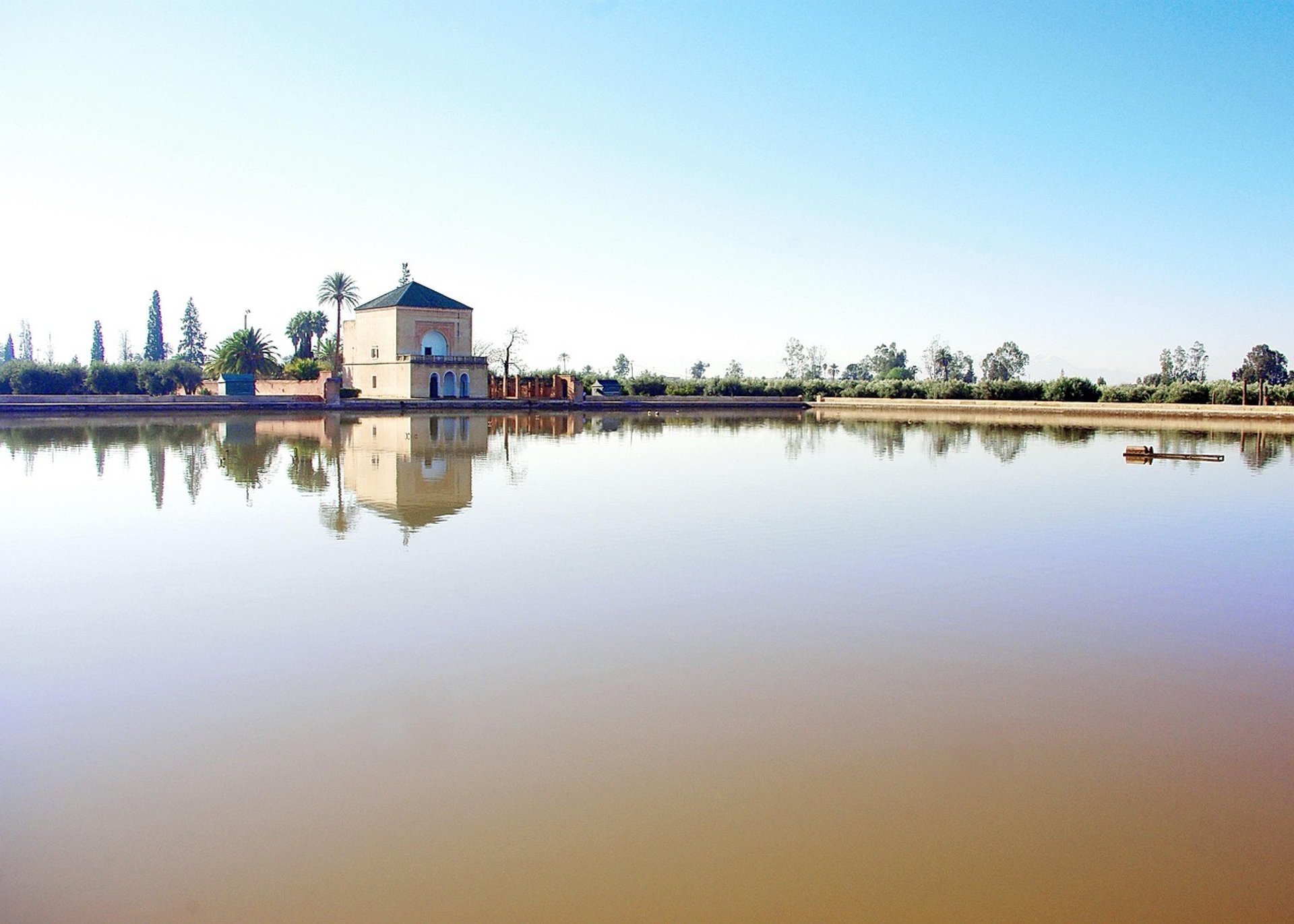
Cheap Flights to Morocco
Want to travel on a budget?
Every Thursday at 9 p.m., we also offer a selection of fixed-price flights to Morocco. First come, first served: don't wait to book your tickets!
Also take advantage of our weekly discounted flight offers.
Plan your trip with our partners in Morocco and benefit from the best rates
Transportation
Accomodation & Stays
On - site Services
About us
Legal notices
Privacy Policy
Terms and Conditions of Sale
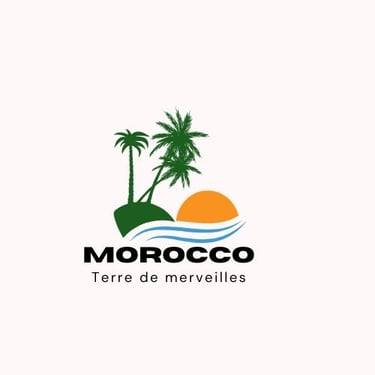

Follow us on :
Complete travel guides
© 2025 Morocco Terre de Merveilles
